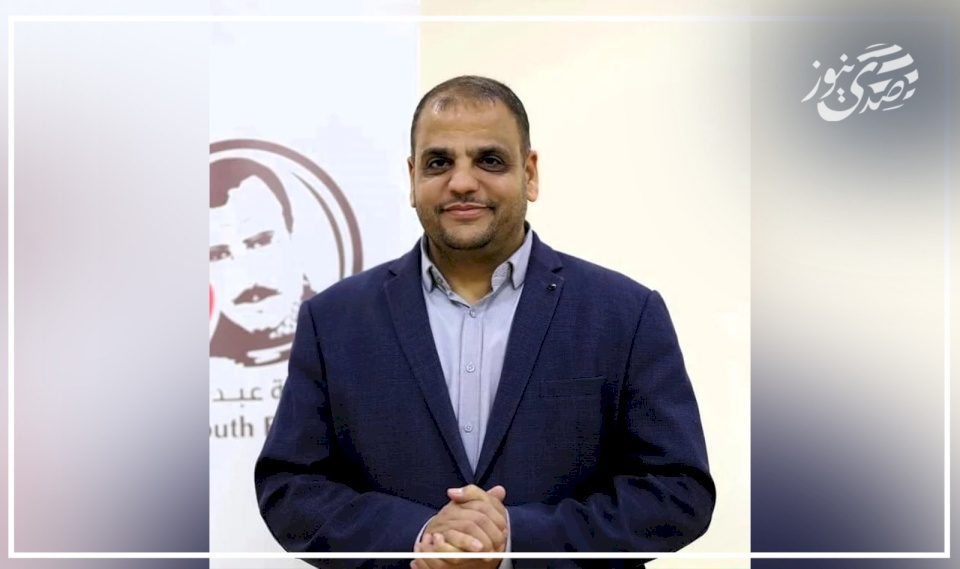
Deepening Public Finance Crisis... and Available Solutions
For the third consecutive month, Israeli Finance Minister "Smotrich" has been withholding all Palestinian clearance revenues, and there seems to be no specific date on the horizon for their transfer, despite all the talk about international pressures to convert them. This is not about approximately (9.5) billion shekels that have been withheld since 2019 until now, or about the total monthly clearance revenues amounting to about (900) million shekels, but rather about the revenues transferred after various illegal deductions. Nevertheless, those dues have not been released. This is the first time that all clearance revenues have been continuously withheld since the Israeli genocide war and economic blockade following October 7, 2023. Over the previous two years, part of the clearance revenues was withheld instead of allocations for the families of martyrs and prisoners, and allocations for the Gaza Strip, which the Palestinian Authority spends on education, health, and social protection services in Gaza, totaling about (275) million shekels monthly, including deductions for net lending, among others. Although the remainder of the clearance revenues was usually transferred, there have been instances of holding the entire amount and then transferring it.
In practice, clearance revenues are the governing element in public revenues in Palestine, constituting about 68% of them, due to cumulative imbalances in the structure of the Palestinian economy, the trade balance equation, and excessive reliance on imports whether from Israel or through Israel from other countries like Turkey and China. This is also due to the restrictions of the Paris Economic Protocol, the lack of control of the Palestinian Authority over crossings and borders, and their necessity to purchase essential goods with significant financial weight such as electricity and fuels from Israel, as well as the shift towards importing at the expense of local production, driven by the successive governments' desire to obtain "easy" monthly clearance revenues rather than expanding the local production base, and aligning with the private sector's desire to swim in warm waters via imports instead of investing in local industrial or agricultural sectors, and the Palestinian consumer's inclination towards imported goods and the seasonal nature of boycott campaigns.
Therefore, amid Israel's withholding of all clearance revenues, the Palestinian Authority has no choice but to rely on local revenues and foreign grants and aid as resources for the public treasury, as local revenues have declined due to the contraction of the economy as a whole, currently averaging about (250) million shekels monthly. As for foreign support, it is in its worst state, as Arab support has dwindled to minimal levels, with the public treasury receiving only (30) million dollars from Saudi Arabia in 2025, while the European support package shrank to (1.6) billion euros for the years 2025-2027, divided into three tracks, with only (620) million euros allocated for the public treasury over the three years, aside from programmed support from the World Bank. Consequently, the available revenues without the clearance cannot cover basic expenses and the 70% of salaries under any circumstances.
In practice, the government has exhausted the technical measures to generate revenues. Net lending has been effectively controlled through the efforts of the net lending unit at the Ministry of Finance in collaboration with relevant authorities, and settlements have been made with the five electricity distribution companies, as well as around (95) local authorities, totaling about 600 million shekels in financial settlements benefiting the public treasury, with scheduled repayment. Additionally, the ongoing losses in net lending have been curtailed, and the government has reached the peak of bank borrowing due to cumulative debts and loans, especially the consolidated loan at the end of 2023 and the repayment deadlines, in addition to monthly costs related to fuel support and essential operating expenses such as suppliers of medicines and medical transfers, among others. As a result, public debt and governmental obligations have reached about 13 billion dollars.
Thus, there are no alternative technical solutions to compensate for the withholding of clearance revenues, and there is an urgent need to mobilize all pillars of the Palestinian National Authority: the presidency, government, embassies, private sector, civil society institutions, and national factions to launch an international campaign with political, legal, and diplomatic tracks towards collecting clearance revenues. Simultaneously, there must be a campaign to activate the Arab safety net to compensate the public treasury for the withheld clearance revenues, and the required amounts are not large and will not burden Arab countries, especially the oil-producing ones. Additionally, urging countries worldwide to provide emergency support for the Palestinian Authority, especially the European Union and countries showing readiness to recognize the Palestinian state, and reaching out to friendly countries to rally emergency support or long-term loans is essential. The financial crisis is deeply severe and threatens the Palestinian existence, warning of a structural collapse unless addressed.
On the internal front, there is a need to approve a realistic emergency budget based on national priorities, ensuring the continuation of basic services, especially education, health, and social protection, as well as making substantial decisions to rationalize expenditures, such as fully stopping non-essential operational expenses, freezing capital and developmental expenditures through the public treasury, setting a cap on government salaries, enhancing trust between the government and citizens, and continuing the path of administrative and financial reform stemming from national requirements, and addressing the cumulative imbalances in the structure of revenues and expenditures.

When Religion Becomes a Tool for Fraud and Ignorance

Towards a Unified Collective Effort to Build the Desired Lifeboat

Gaza and the Reengineering of the Plan: When the Logic of Power Advances Over Law

Guardiola Out of Neutrality

Gaza Committee: Legitimacy Challenges and the Palestinian Vision

Gaza: An Opportunity to Reorder the Palestinian House

Take Him and Restrain Him

